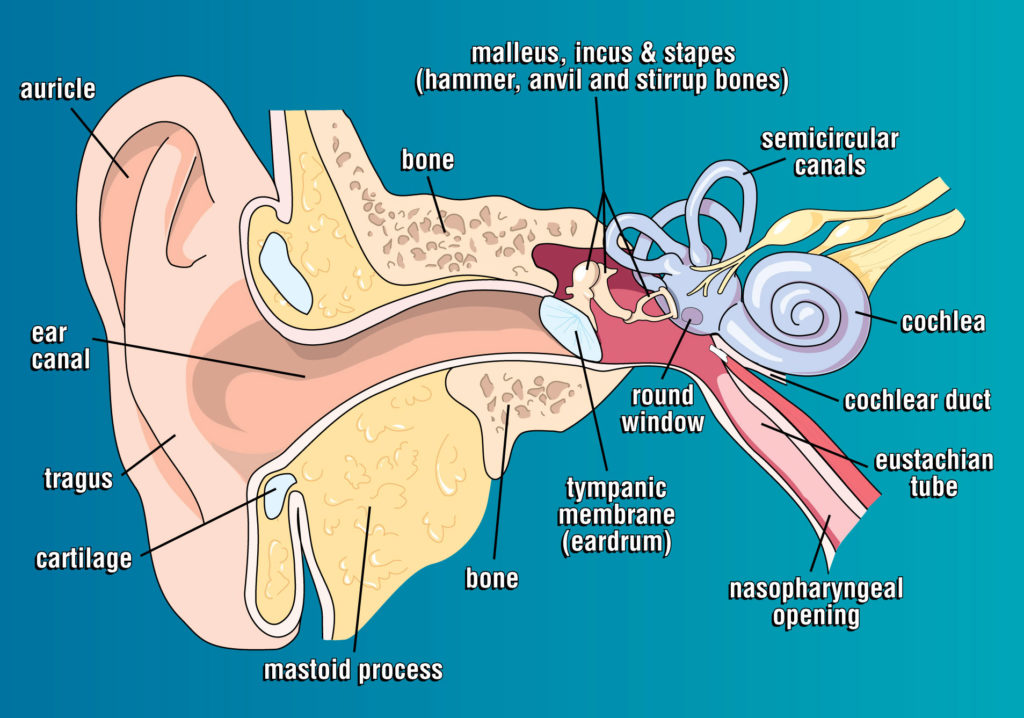Spring not only heralds the onset of good weather, but also the appearance of allergies and their symptoms, such as sneezing, itchy eyes, nasal congestion and even ear infections or hearing loss. In this article, we explain why this happens and how you can prevent and manage these symptoms to better look after your ears and hearing throughout the spring season.
Preventing ear infections in spring
When the good weather begins, plants begin to flower and pollination can cause many people to experience uncomfortable symptoms. It is the time of year in which spring allergies appear – an immunological response that causes the body to react to external substances to which it has become hypersensitive, causing upper respiratory symptoms.

The most common symptoms of spring allergies are:
- Itchy eyes
- Watery eyes
- Itchy nose
- Sneezing
- Runny nose
- Nasal congestion
- Asthma attacks in children and the elderly
- Otitis (ear infection)
- Hearing loss

Why can our hearing suffer in spring?
The respiratory tract is most affected by spring allergies, which can lead to an imbalance in the pressure in our ears. But, why does it happen?
The membrane that lines the Eustachian tube, which connects the middle ear to the nasopharynx, becomes inflamed, causing its diameter to decrease and affecting the ventilation of the middle ear. As a result, the middle ear produces mucus which blocks the ears and can cause a reduction in hearing, or even infections or damage to the ear. This is particularly common in children, as their Eustachian tubes are less developed.
According to the hearing aid specialists at GAES, 50% of the population suffer ear infections caused by spring allergies.

Tips for looking after you hearing in spring
We recommend you follow this practical advice for minimizing allergy symptoms during the spring and preventing ear infections or hearing loss:
- Maintain good aural hygiene and take care of your ear canal.
- If possible, avoid going outside at dawn and dusk, which is when the pollen count is highest, especial in gardens and parks.
- Consult the Polenes website every day. It was created by the Spanish Society of Allergology and Clinical Immunology to show the current count for different types of pollen in Spanish cities.
- If you use a hearing aid, avoid moisture, humidity and exposure to high temperatures, as pollen can block and damage it in these conditions.
- See an ENT specialist if you notice any pain or discomfort in your ear, buzzing, hearing loss or dizziness.
- Avoid sudden changes in temperature and do not overuse air conditioning. Remember to check that the air conditioning filter in your car and/or home is clear.
- After airing your house for ten minutes every day, leave the windows closed to prevent pollen and dust levels building up.
- Wear sunglasses to protect your eyes and avoid strong draughts of pollen-heavy air.

Now you know the steps to follow to look after your ears and hearing during the spring. If you have any doubts or queries, or if you would like to add more advice on reducing allergy symptoms, please leave a comment below this article. 🙂

Leave a Reply